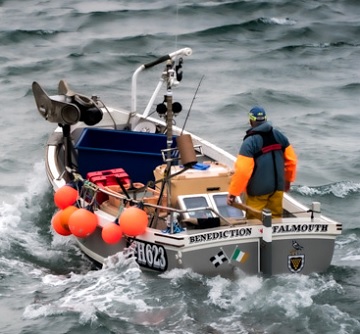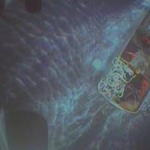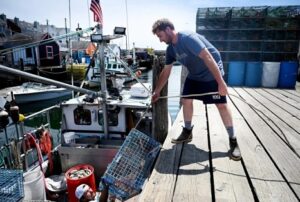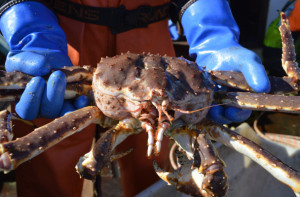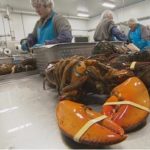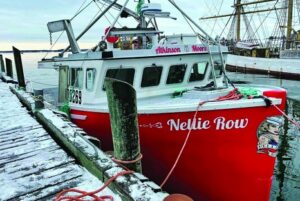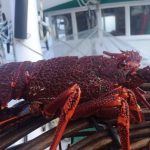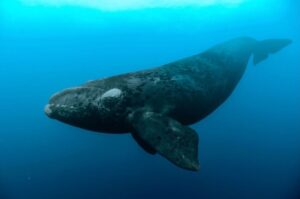Tag Archives: The Blue Economy
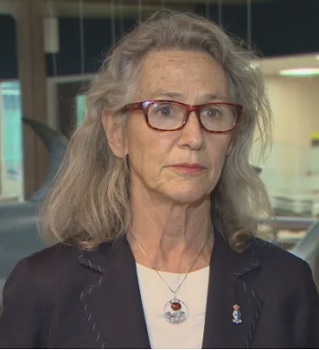
What Canadians think of the Blue Economy
Fisheries and Oceans Minister Joyce Murray released findings Friday of an engagement process on its Blue Economy Strategy, which aims to make better use of Canada’s oceans for food production, energy and marine trade. Murray’s ministry consulted 1,600 Canadians to get feedback on its Blue Economy Strategy, which is designed to protect Canada’s oceans and maximize economic benefits from it. But one of the most important ocean-based industries in B.C, salmon farming remains under a cloud of uncertainty, with investments and hundreds of jobs at risk, as a deadline for renewing 79 federal licences looms. Murray offered no clarity on whether they will be renewed in June, which is when they expire. >click to read<, The Blue Economy-Who wants the disappearance of fishermen? The answers are here. >click to read< 19:17

The Blue Economy: A lawyer and Blue Colonialism.
Nathalie Ros is a lawyer, professor at the University of Tours she is Vice-President and Secretary General of the International Association for the Law of the Sea. In the context of the conference on the oceans to be held in Brest on February 11 and 12, her reflections allow us to measure the stakes of this meeting especially for fishermen. She has developed analyses and concepts which support our own reflections. She thus denounces the privatisation of the oceans in various forms such as transferable quotas, but also the seizure of marine spaces by multinationals in the name of Blue Growth, or the creation of large MPAs banned from fishing in the name of conservation. All this is being done at the expense of fishing: ” the fishing sector, perceived as an obstacle if not a competitor by the new marine industries, is too often seen today as a scapegoat, in defiance of the efforts made by some and reduced to nothing by others. At the same time: “Private actors, often foreigners, can thus benefit from exclusive rights over large parts of the national maritime space, in addition sometimes located very offshore”. >click to read< 10:38






